Why are we running this project?
In recent years, the question of how much diversity Germany can bear has been the subject of heated debate. On the one hand, this debate focused on the influx of people from around the world, especially hundreds of thousands of refugees from the Middle East and Africa, who brought their own languages, cultures, and religions to Germany. Indirectly, though, the social debate also referred to, for instance, people with disabilities and minority sexual orientations or identities who are demanding participation and recognition more clearly than in the past. Given this shift, some groups saw a risk to social cohesion in Germany. However, these contributions to the debate were mostly based on assumptions and feelings.
What are our goals?
The primary goal of the “Cohesion in Diversity: The Diversity Barometer of the Robert Bosch Stiftung” project is to put the debate soundly on objective grounds by making fact-based contributions. In doing so, we are interested in both the correlation between diversity and social cohesion as well as Germans’ opinions on different diversity groups and ways to strengthen successful diversity management.
How does the project work?
The Diversity Barometer is a representative survey on the topic of social diversity and cohesion. It provides data on interviewees' attitudes to different dimensions of diversity, such as age, gender, disability, sexual orientation, ethnic origin, religion, and low socio-economic standing. This broad understanding of diversity makes the study unique, as other research projects tend to define diversity only as ethnic and cultural-religious differences. The collected data of the Diversity Barometer are pooled in an ‘overall diversity index’ that provides information on the degree of acceptance of diversity at the national and state levels. The findings are correlated with queried personal characteristics and existing socio-demographic and socio-economic data in order to make statements about which individual and structural factors strengthen the acceptance of diversity. The study also highlights the correlation between social cohesion and increasing diversity.
The study was conducted for the first time in 2018. Between May and July 2018, 3,025 German residents aged 16 and older were interviewed by telephone about their opinions and attitudes toward various social groups. The Jacobs University Bremen provided scientific support to the project.

